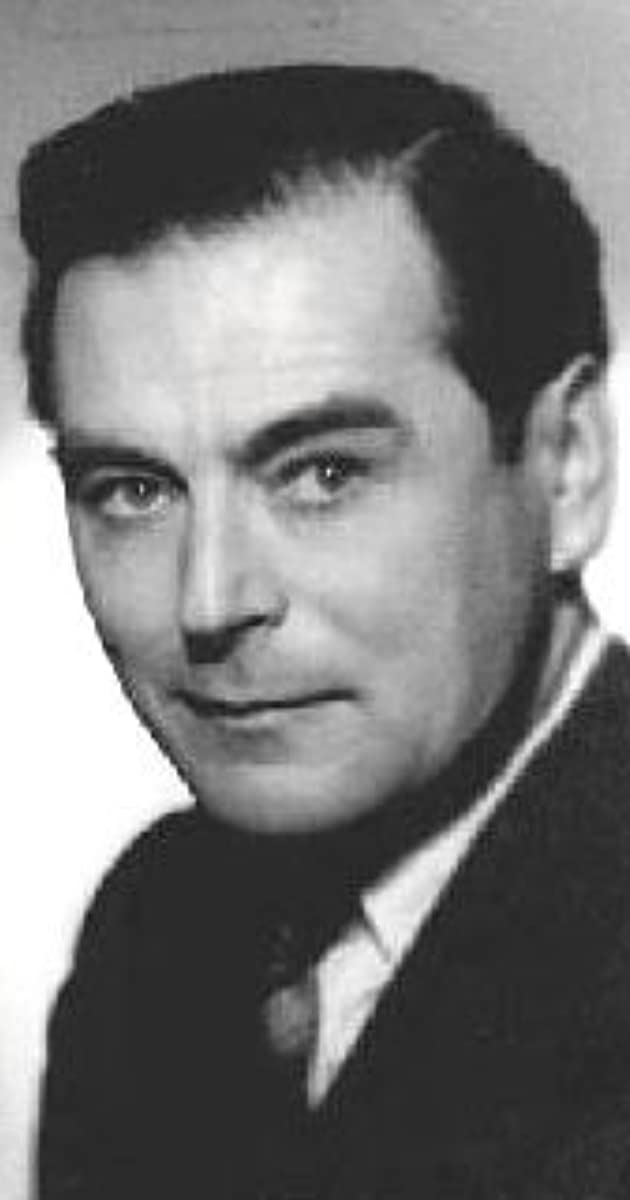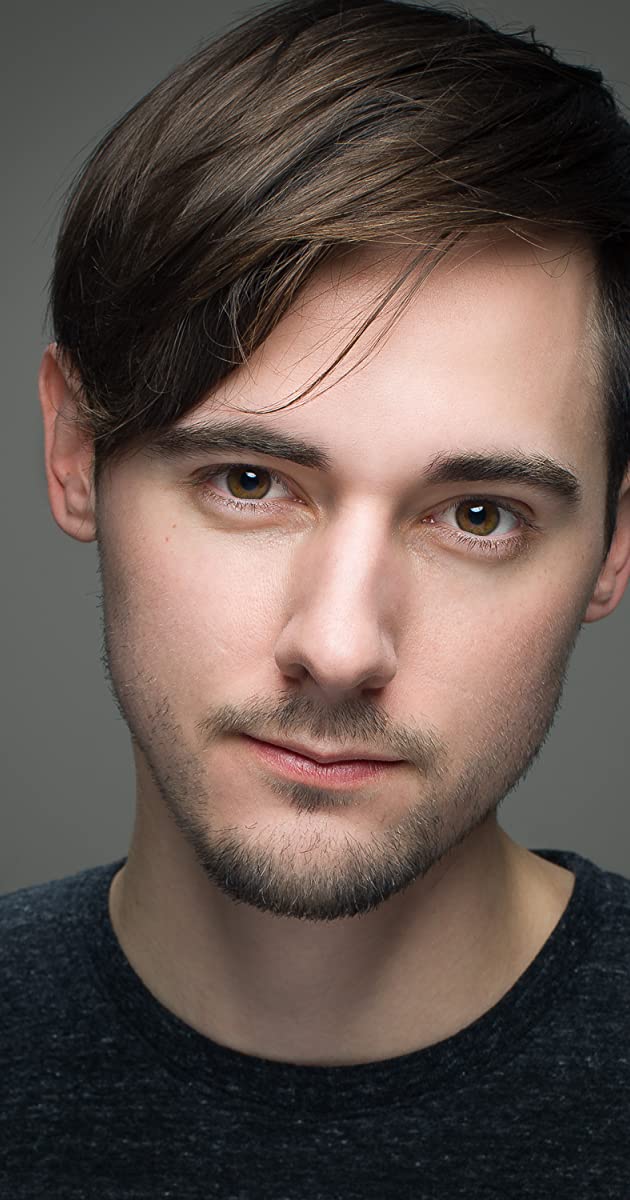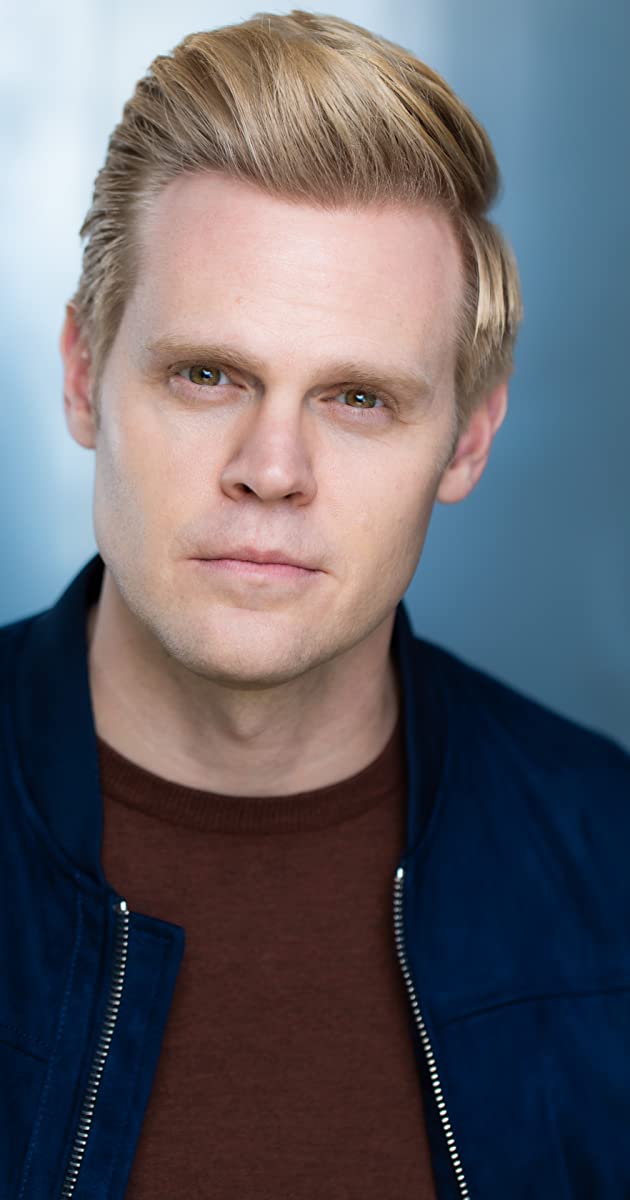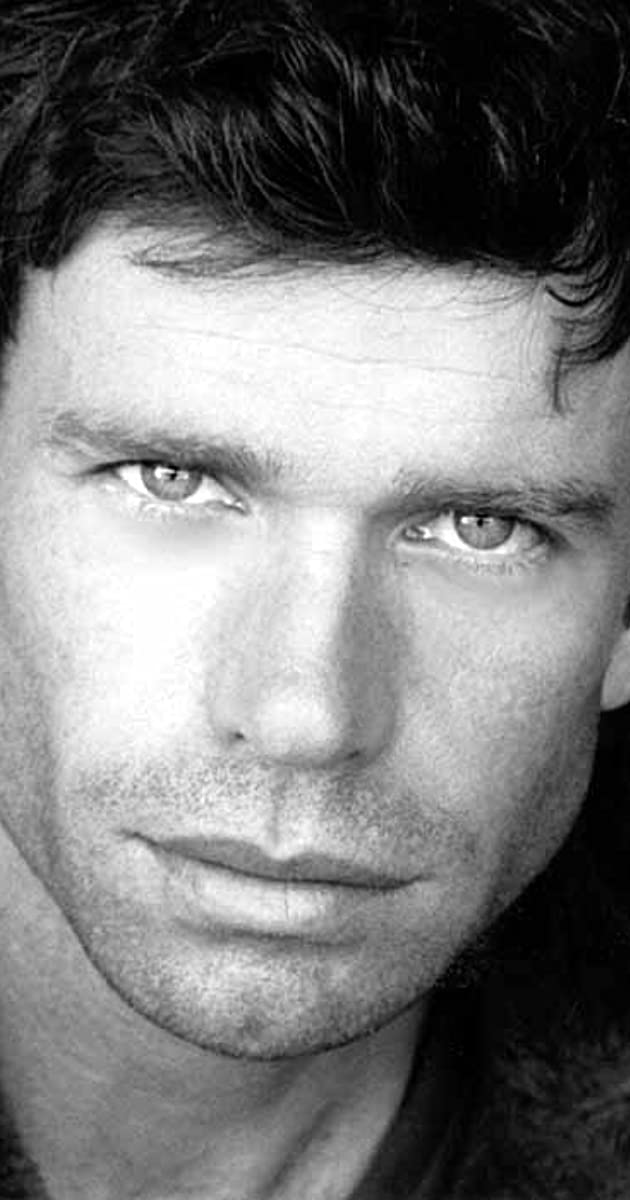
Though primarily a stage actor, Sebastian Shaw appeared in some forty film and television productions from 1930 to 1991. Born on May 29, 1905, in Holt, Norfolk, England, he first appeared on stage as a child in 1913, graduating to lead roles by the late 1920s. It was in 1930 that he made his first film appearance in Caste (1930). His most notable film roles of this period were as an aspiring actor opposite Miriam Hopkins and Rex Harrison in the Alexander Korda-produced Men Are Not Gods (1936); as a crime suspect in another Korda production, The Squeaker (1937); and opposite Conrad Veidt and Valerie Hobson in Michael Powell’s The Spy in Black (1939). His later films included Roy Boulting’s documentary-style Journey Together (1945), The Glass Mountain (1949), and Laxdale Hall (1953).
In the 1960s, he appeared in Kevin Brownlow and Andrew Mollo’s imaginative It Happened Here (1965), made in semi-documentary style showing Britons coping during a Nazi persecution. Mostly stage and television work followed (including an appearance as a judge in Rumpole of the Bailey (1978)). In 1982, Shaw was approached by George Lucas to make an appearance in the final episode of his Star Wars films, Star Wars: Episode VI – Return of the Jedi (1983). The role was the small but crucial one at the film’s climax of the unmasked Darth Vader and later as the disembodied spirit of Anakin Skywalker. The role has since made him a cult figure all over the world. The rest of Shaw’s career was largely spent playing distinguished elderly gent roles such as the art critic Mr. Sharpe in High Season (1987). Shaw continued to act on stage, film and television well into his eighties. Sebastian Shaw died at age 89 of natural causes on December 23, 1994.


